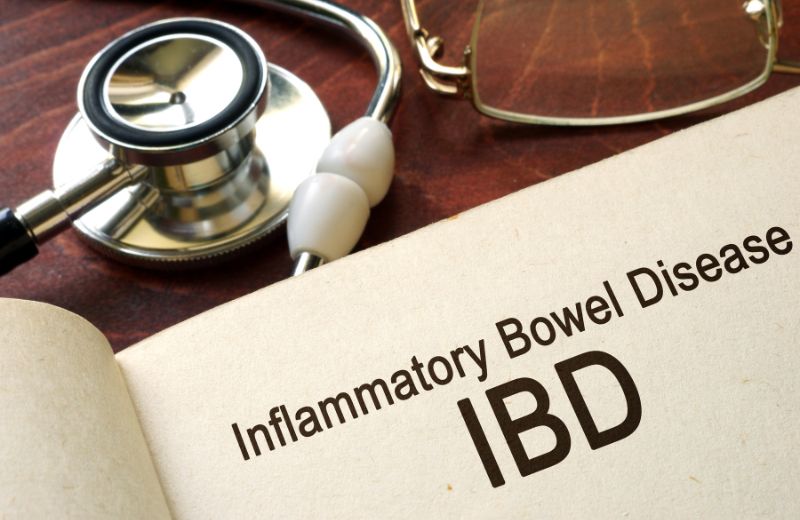
Inflammatory Bowel Disease (IBD), encompassing Crohn’s disease and ulcerative colitis, involves chronic inflammation of the gastrointestinal tract. Treatment approaches aim to induce and maintain remission, manage symptoms, and improve the patient’s quality of life. Medications play a crucial role in IBD management.
1. Anti-Inflammatory Medications: Corticosteroids like prednisone are used for short-term relief during flare-ups. Mesalamine and sulfasalazine, known as 5-aminosalicylates, target inflammation in the colon.
2. Immunomodulators: Immunosuppressants such as azathioprine, 6-mercaptopurine, and methotrexate modify the immune response, reducing inflammation and preventing disease progression.
3. Biologics: Monoclonal antibodies like infliximab, adalimumab, and vedolizumab target specific immune pathways to control inflammation. They are particularly effective in cases of moderate to severe IBD.
4. JAK Inhibitors: Janus kinase (JAK) inhibitors, such as tofacitinib, are oral medications that modulate the immune response and are used in certain cases of moderate to severe ulcerative colitis.
5. Antibiotics: Antibiotics like ciprofloxacin and metronidazole may be prescribed to manage infections and reduce inflammation in Crohn’s disease.
6. Nutritional Therapy: Exclusive enteral nutrition (EEN) involves a liquid diet providing all necessary nutrients. It can induce remission, especially in children with Crohn’s disease.
7. Surgery: In cases where medications are insufficient, surgery may be necessary. Surgical interventions may include removing damaged sections of the intestine or creating an ostomy.
8. Supportive Therapies: Patients may benefit from nutritional counseling, stress management, and mental health support to address the psychosocial aspects of living with a chronic condition.
Copyright ©2023 Design & Developed by Manish Sharma